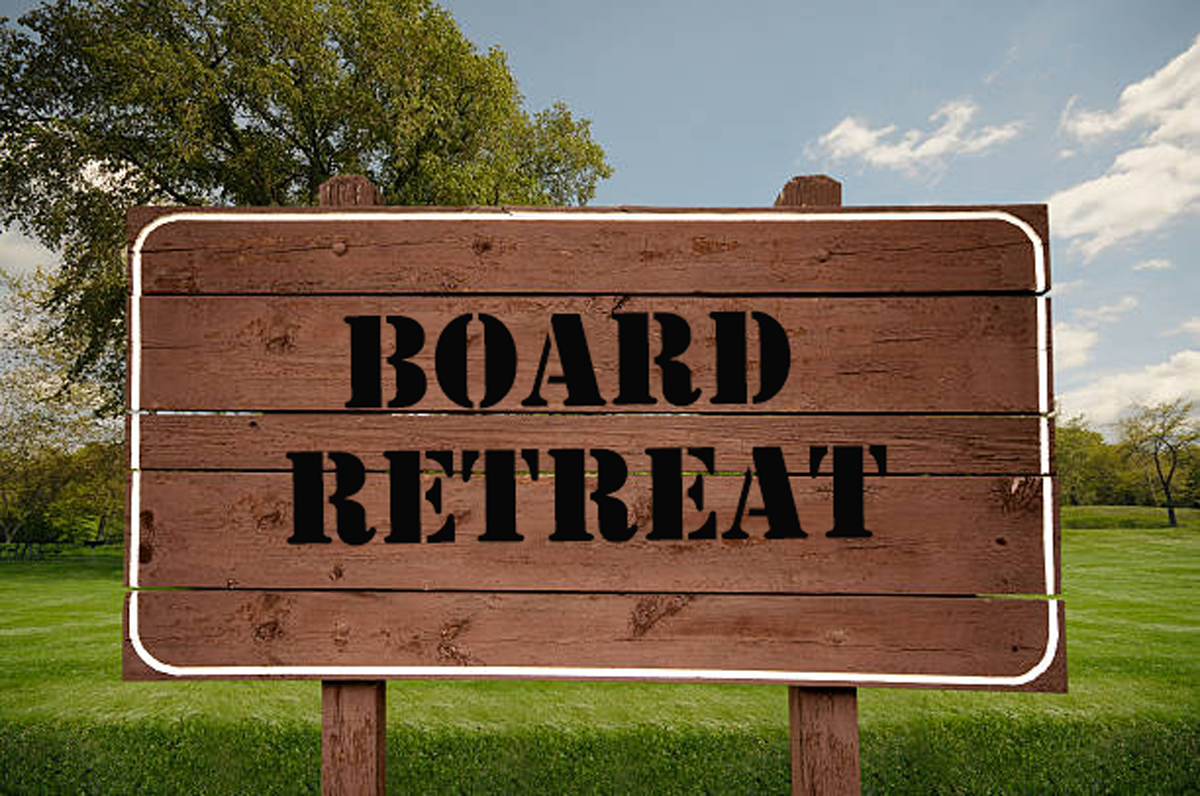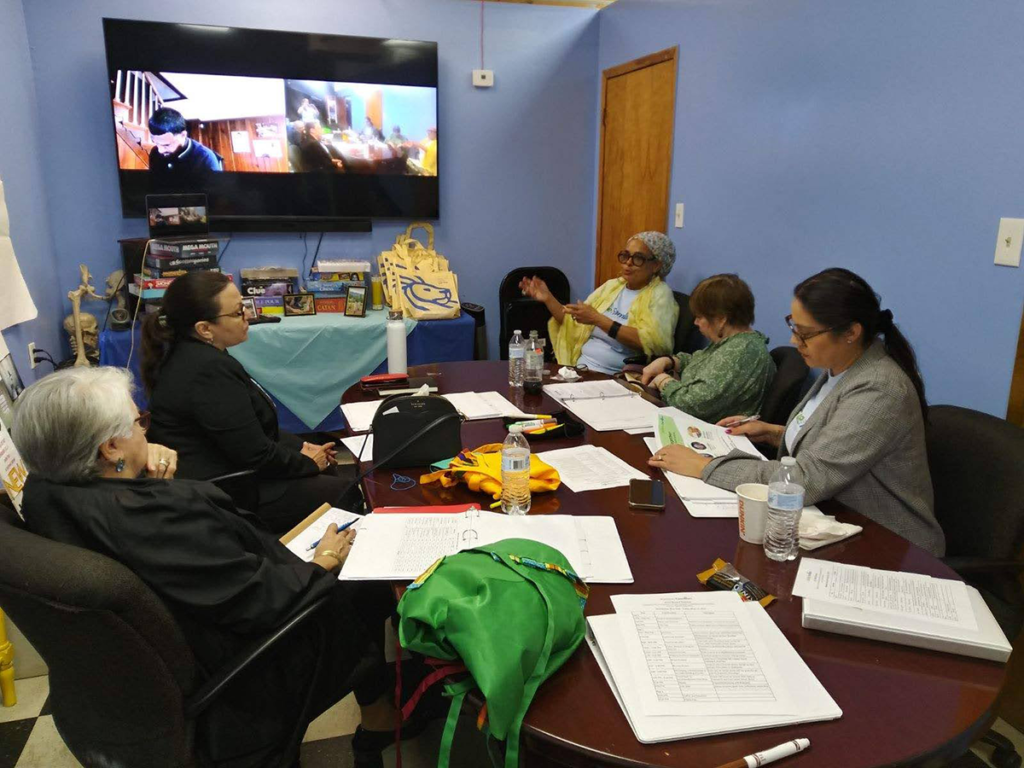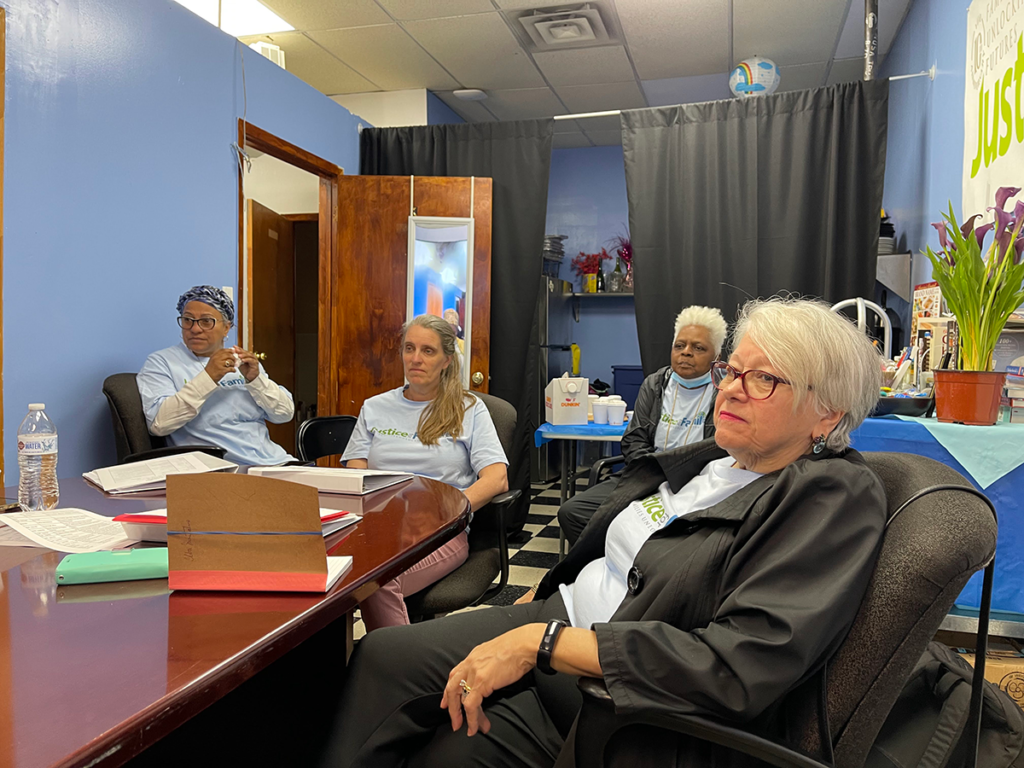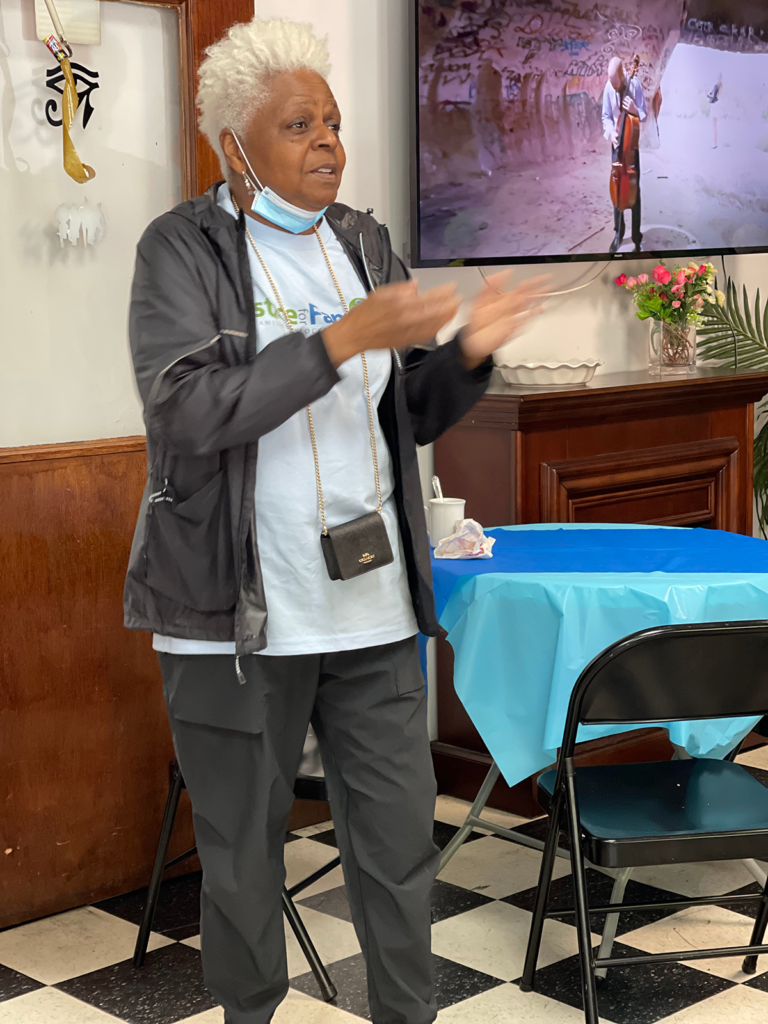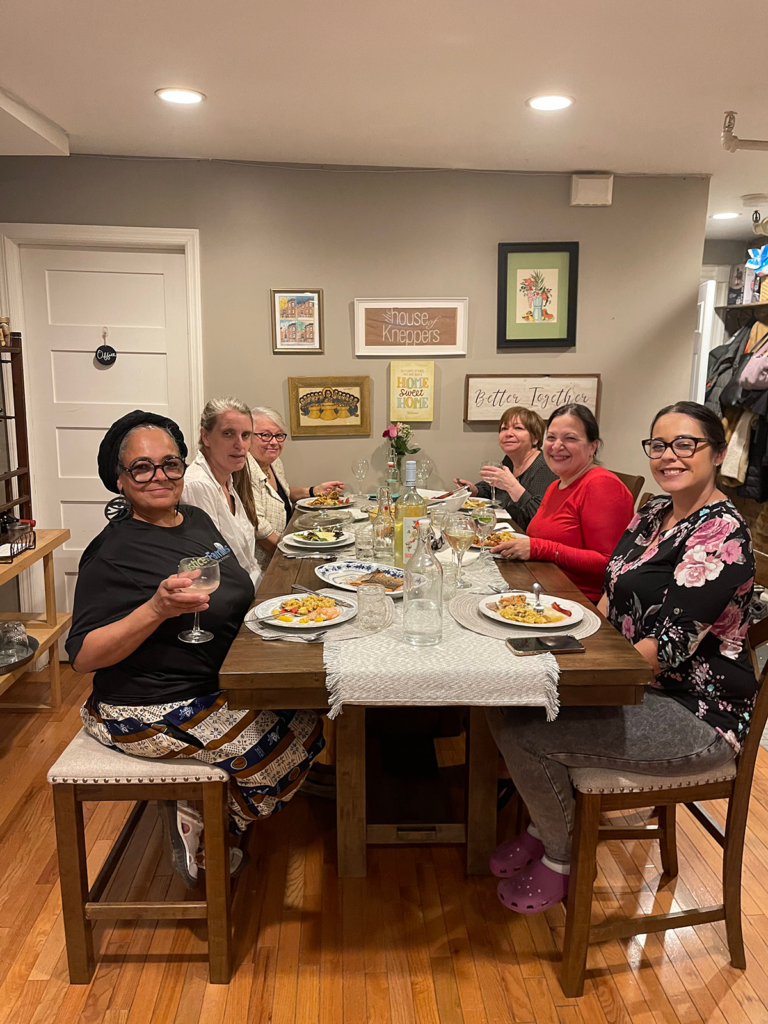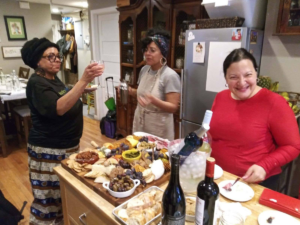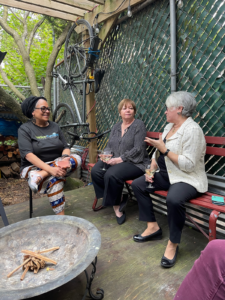A Short Case Study: Justice for Families 2023 Board Retreat
On Friday, May 10th thru Sunday, May 12, 2023, Justice for Families hosted a board retreat for new and returning board members. Justice for Families (J4F), based in the Bronx, is a national network of family leaders impacted by the justice system, working to end mass criminalization and incarceration, particularly of youth in communities of color. It is founded and run by parents and families who have experienced the juvenile justice system with their children. Lydia Sierra Consulting was hired to plan and facilitate the retreat. The event was flawless, leaving board members feeling refreshed and committed to J4F’s work. Below are my five key takeaways on what made our board retreat such a success!
- The retreat was held in the community served by J4F. A nonprofit’s board of directors should reflect the diversity and values of the community they serve in order to fully understand and effectively respond to the societal challenges they are working to address. By creating a space where board members had the opportunity to meet and engage with staff, volunteers, and grateful constituents, the event reaffirmed everyone’s “Why” they became board members and how they can best serve their community, individually and collectively.
- The executive director invited experienced board members who take their roles seriously and are ready to grow and govern the agency with their time and resources. This is not common with many small nonprofit organizations. Many executive directors do not want to hire board members who will serve as their bosses. They want autonomy, but they lose the advantage of having a working board to help and support them with the challenges of building a nonprofit business.
- We held a one-hour official board meeting towards the end of the retreat. After hours of learning about the organization, the board was eager to get to business and document the official next steps for moving the organization forward.
- An impactful, synergistic relationship between board members, the executive director, and staff benefits the constituents. The executive director shared a bottom-up approach for informing and navigating the justice system from the standpoint and lived experience of a parent, while the new board chair provided a top-down roadmap for learning how to navigate between multiple systems. This dynamic approach is extremely powerful for ensuring families overcome any systemic barriers to advocating for and supporting their loved ones who are experiencing incarceration.
- A classy host and welcoming venue made all the difference. Our space was chosen for its ability to provide some much needed rest, rejuvenation, and reconnection for busy board members. It was fully equipped with a sauna, a meditation room, a fire pit, an outdoor pizza brick oven, fantastic food, refreshments, and cozy sleeping accommodations. We rented an Airbnb with a live-in host who did the catering for the entire 2-night stay. We had sit-down family-style meals that allowed us to share delicious local cuisine and connect with the community and each other on a deeper level. At the beginning of the retreat, we shared our intentions for the retreat around the fire pit with cocktails. On our final night, one of the board members shared how much she enjoyed the retreat, saying, “This is how the work should feel,” comparing the retreat and camaraderie to previous negative experiences as a board member.
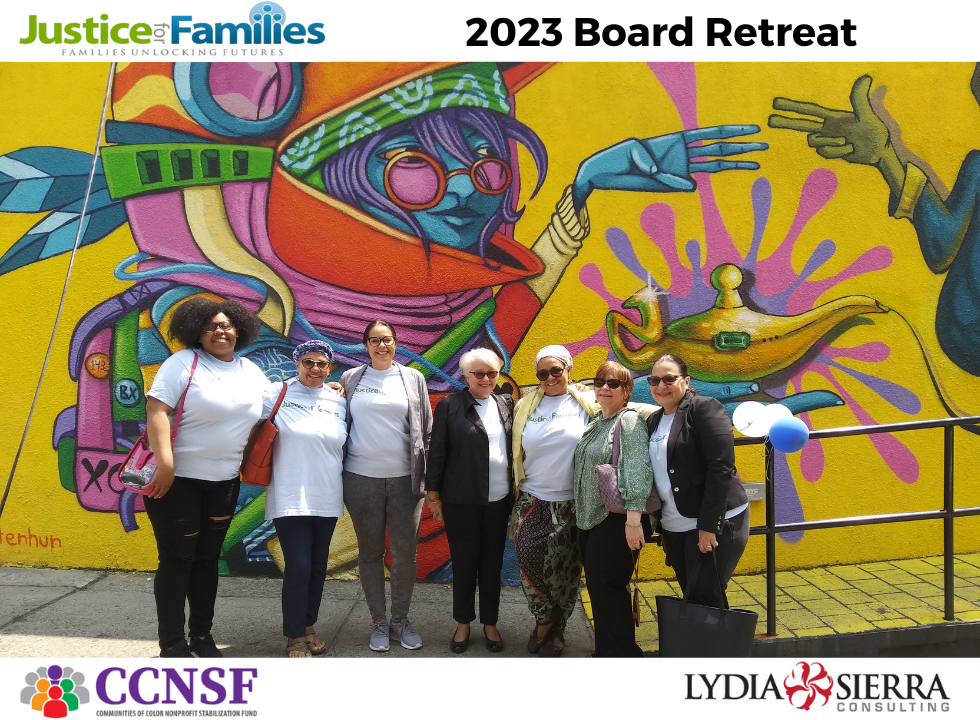
Thanks to the generous funding of the NYC Council Communities of Color Nonprofit Stabilization Fund (CCNSF), this capacity-building project was made possible—special thanks to The Hispanic Federation for their support and leadership as managers of this fund.
To learn more about the transformational work of Justice for Families, please visit their website, https://www.justice4families.org/. Also, you can show your support by engaging with them on Instagram, Facebook, or Twitter.

